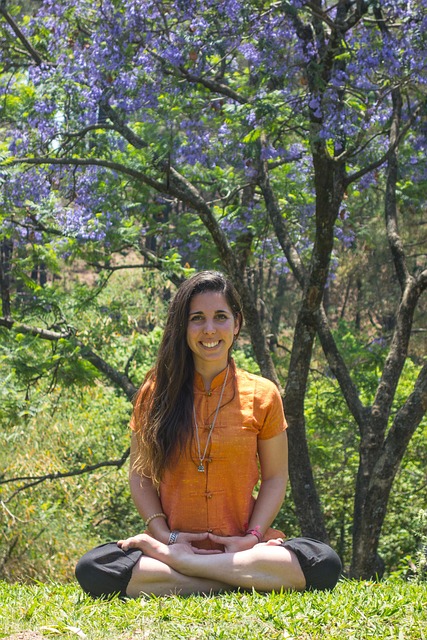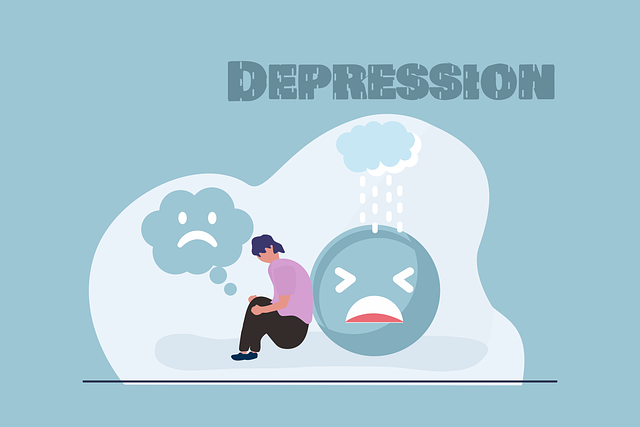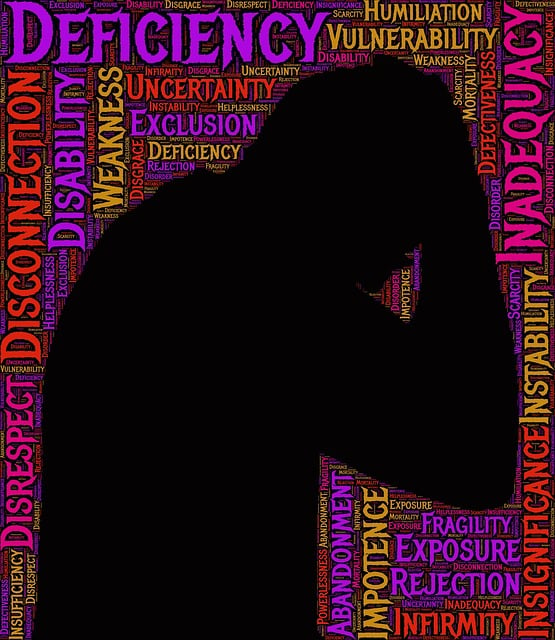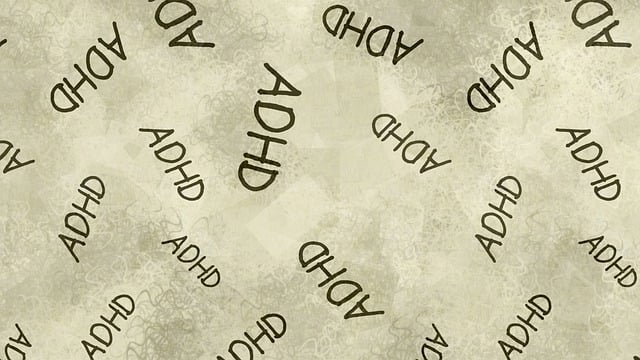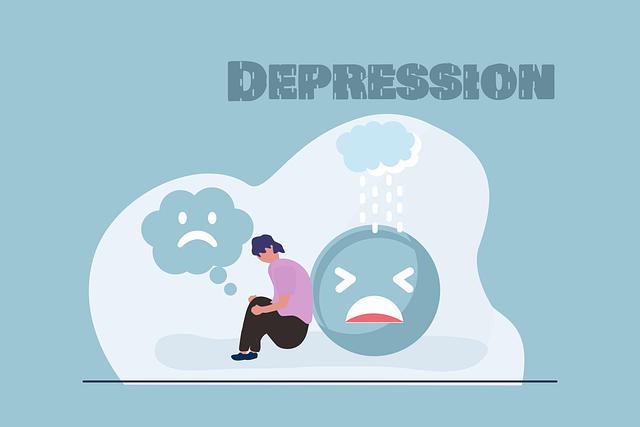Westminster Child Abuse Therapy utilizes group facilitation as a powerful tool for mental wellness healing. Skilled facilitators create safe, supportive spaces where participants share experiences, develop emotional intelligence, and cultivate compassion. Through structured yet flexible sharing, active listening, and non-judgmental attitudes, facilitators encourage open communication and immediate feedback. Incorporating guest speakers, field trips, and journaling exercises enhances the group dynamic, helping members track progress, build resilience, and prioritize self-care, both within the group and in their daily lives.
Mental wellness group facilitation plays a pivotal role in fostering healing and growth, as evidenced by practices at Westminster Child Abuse Therapy. This article delves into the art of group facilitation, exploring techniques that create safe spaces for vulnerable individuals to connect, share, and support one another. From building trust to encouraging open communication, we uncover strategies essential for facilitators to navigate complex dynamics effectively. By examining these methods, mental health professionals can enhance group therapy outcomes at institutions like Westminster Child Abuse Therapy.
- Understanding the Role of Group Facilitation in Mental Wellness
- Techniques to Build a Safe and Supportive Group Environment
- Strategies for Effective Communication and Engagement
- Fostering Healing and Growth through Group Dynamics at Westminster Child Abuse Therapy
Understanding the Role of Group Facilitation in Mental Wellness

In the realm of mental wellness, group facilitation plays a pivotal role, offering a unique and powerful approach to therapeutic support. Techniques employed by facilitators create a safe, nurturing environment where individuals can connect, share experiences, and gain insights from one another. This collective process facilitates emotional intelligence development, a key aspect often emphasized in Westminster Child Abuse Therapy.
Through skilled facilitation, group members learn effective mood management strategies, foster compassion cultivation practices, and develop enhanced interpersonal skills. The dynamic nature of group interactions allows for immediate feedback, encouragement, and understanding—all essential components in the journey towards improved mental health. This collaborative approach not only empowers individuals but also provides a sense of belonging and community, which is vital for sustainable wellness.
Techniques to Build a Safe and Supportive Group Environment

Creating a safe and supportive group environment is paramount for effective mental wellness facilitation. Techniques such as establishing clear boundaries and ground rules from the outset foster an atmosphere of trust and respect among participants. This involves setting expectations for confidentiality, active listening, and non-judgmental attitudes, ensuring everyone feels heard and valued. Facilitators should encourage open communication by creating opportunities for sharing experiences and emotions in a structured yet flexible manner.
Incorporating community outreach program implementation strategies can enhance this process. By inviting guest speakers or organizing field trips related to mental health awareness, facilitators enrich the group dynamic. Additionally, integrating mental wellness journaling exercises guidance throughout sessions allows participants to track their progress, reflect on insights, and build resilience. These practices collectively contribute to a nurturing environment where individuals can explore and address their mental health concerns effectively, as emphasized by Westminster Child Abuse Therapy.
Strategies for Effective Communication and Engagement

In facilitating mental wellness groups, effective communication and engagement are paramount to creating a safe and supportive environment. Group leaders should encourage open dialogue by fostering an atmosphere where all participants feel heard and respected. Active listening is a key strategy; it involves paying undivided attention to each member’s perspective, validating their feelings, and reflecting back what they’ve shared. This technique not only helps individuals process their experiences but also strengthens the group bond.
At Westminster Child Abuse Therapy, we emphasize the integration of Mind Over Matter principles in our group sessions. By promoting self-care routine development for better mental health, participants learn to prioritize their well-being. Self-awareness exercises are another powerful tool; these activities help individuals recognize and manage their emotions, ultimately enhancing their ability to engage meaningfully with others. Through such practices, facilitators can guide the group towards a deeper understanding of themselves and one another.
Fostering Healing and Growth through Group Dynamics at Westminster Child Abuse Therapy

At Westminster Child Abuse Therapy, group facilitation plays a pivotal role in fostering healing and growth among individuals navigating mental wellness challenges. Through dynamic group sessions, participants create supportive networks where they can share experiences, offer encouragement, and learn from one another’s resilience. This collective approach not only enhances individual therapy but also empowers members to develop self-care routines for better mental health (Westminster Child Abuse Therapy).
Facilitators guide the process by incorporating effective techniques such as mental wellness journaling exercises, encouraging members to reflect on their emotions and progress. By engaging in regular journaling, participants can identify patterns, gain insights, and cultivate a deeper understanding of their mental wellness journey. Additionally, burnout prevention strategies for healthcare providers are integrated into group activities, ensuring that both facilitators and members prioritize self-care amidst demanding work environments (Burnout Prevention Strategies for Healthcare Providers).
Group facilitation plays a pivotal role in enhancing mental wellness, as demonstrated by practices at Westminster Child Abuse Therapy. By creating safe spaces, employing techniques that encourage open communication and fostering positive group dynamics, facilitators can significantly support individuals on their healing journeys. These strategies not only build resilience but also offer a network of support, promoting growth and recovery. Incorporating these techniques is essential for anyone aiming to facilitate effective mental wellness groups.



